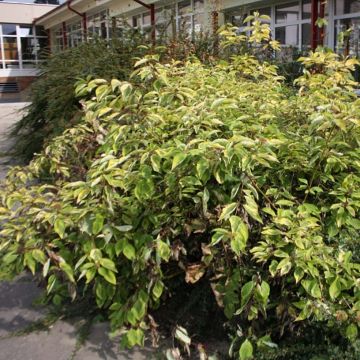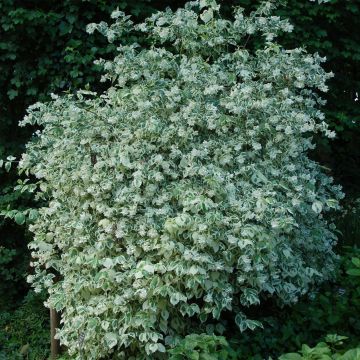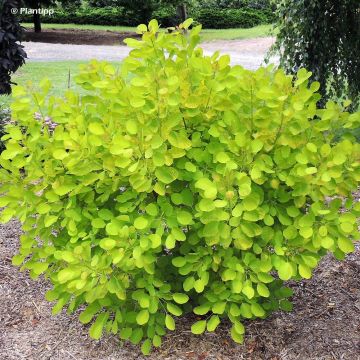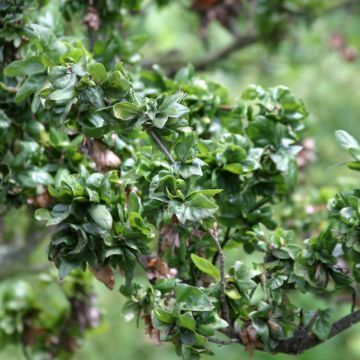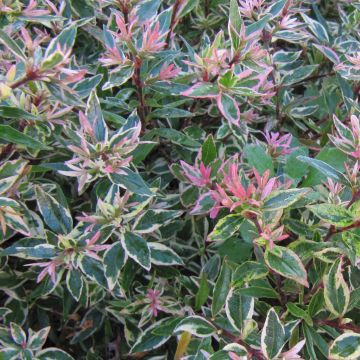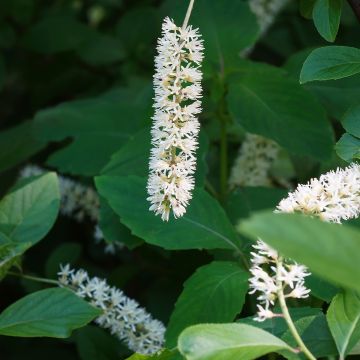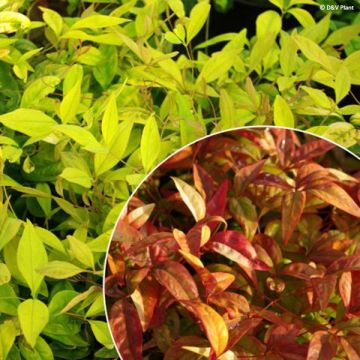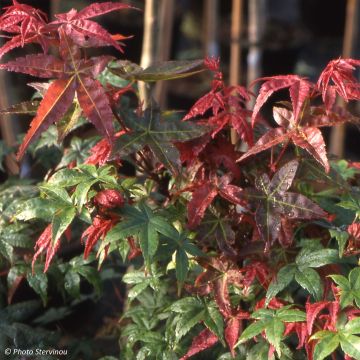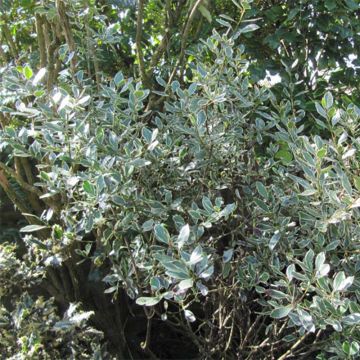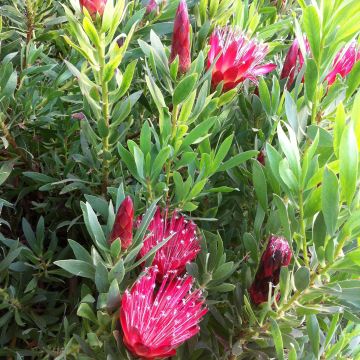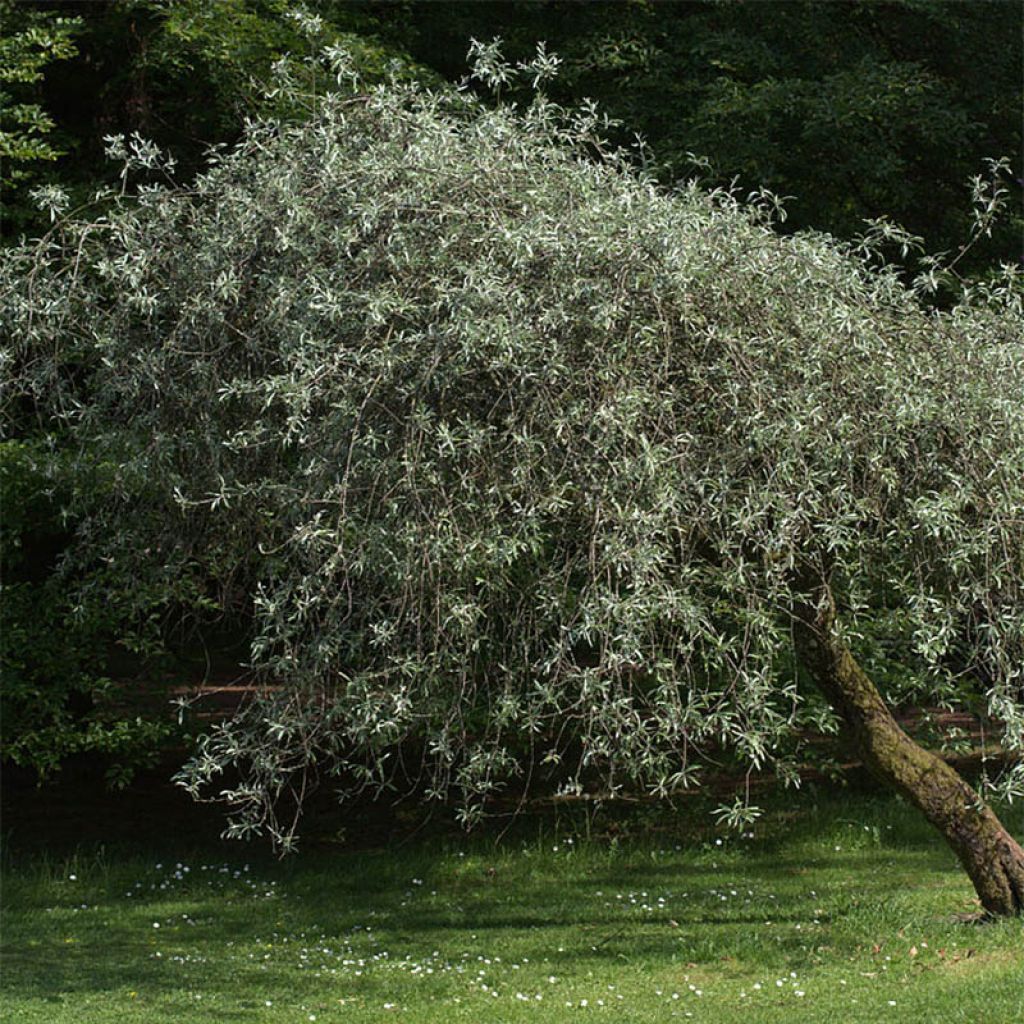

Pyrus salicifolia Pendula - Pendulous Willow-leaved Pear
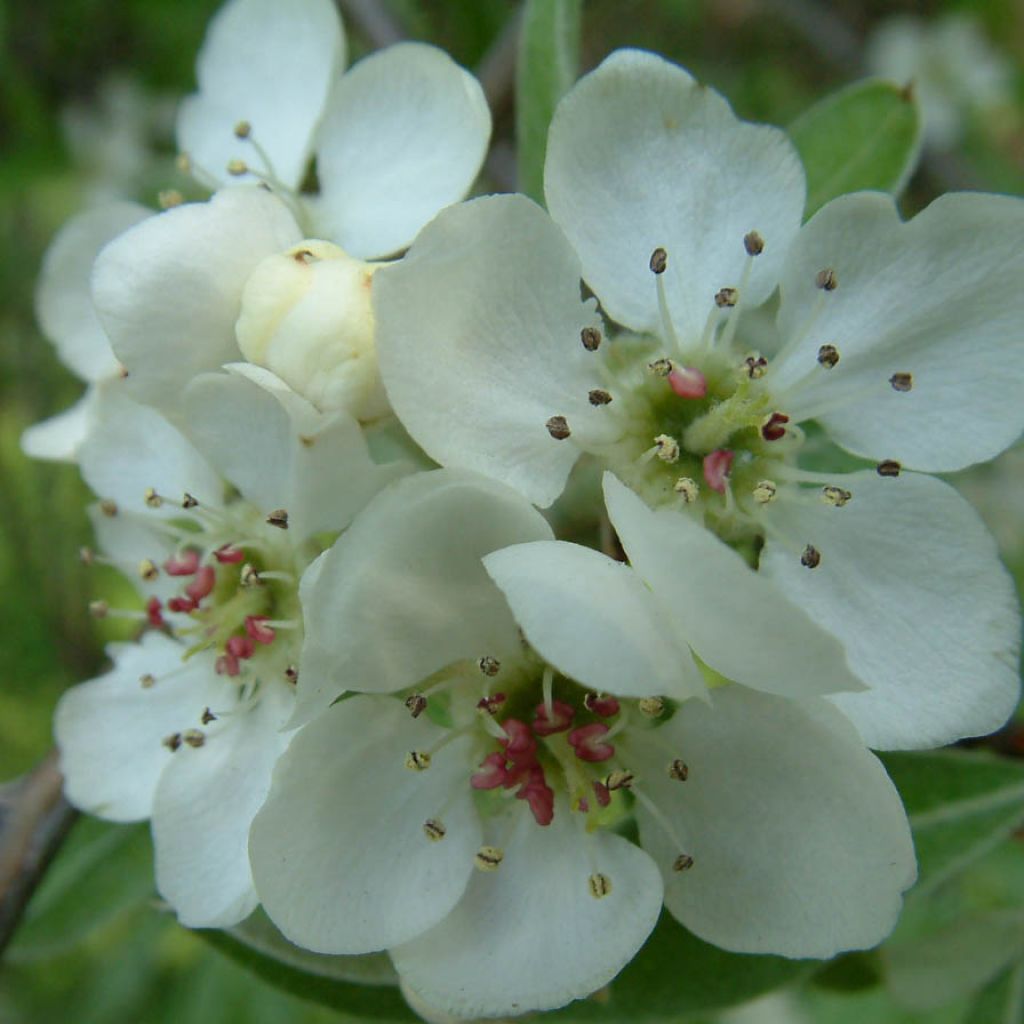

Pyrus salicifolia Pendula - Pendulous Willow-leaved Pear
Pyrus salicifolia Pendula - Pendulous Willow-leaved Pear
Pyrus salicifolia Pendula
Pendulous Willow-leaved Pear
This item cannot be shipped to the selected country
Oversize package delivery charge from €6.90
Oversize package delivery charge from €6.90
Oversize package delivery charge from €6.90
Delivery to Corse prohibited
More information
Schedule delivery date,
and select date in basket
This plant carries a 24 months recovery warranty
More information
We guarantee the quality of our plants for a full growing cycle, and will replace at our expense any plant that fails to recover under normal climatic and planting conditions.
Oversize package: home delivery by special carrier from €6.90 per order..
Express home delivery from €8.90.
Oversize package: home delivery by special carrier from €6.90 per order..
Express home delivery from €8.90.
Oversize package: home delivery by special carrier from €6.90 per order..
Express home delivery from €8.90.
Delivery to Corse prohibited: UE law prohibits the import of this plant from mainland France to Corse as part of the fight against Xylella fastidiosa. Please accept our sincere apologies.
More information


Does this plant fit my garden?
Set up your Plantfit profile →
Description
Pyrus salicifolia 'Pendula', the Weeping Willow-leaved Pear is a small tree with grey foliage and white flowers that bloom from May to June. It produces pears in late summer or early autumn from August to October.
Pears belong to the Rosaceae family. This variety is obtained from Pyrus salicifolia, a small tree or large bush native to the Caucasus and Iran. 'Pendula' has a weeping habit, reaching 5 m to 6 m (16.4 ft to 19.7 ft) in height and 4 m (13.1 ft in spread). It is an ornamental bush with highly appreciated foliage. The spring flowering from May to June consists of numerous clusters of 6 to 8 white flowers measuring 2 cm (0.8 inches) in diameter. From August to October, it produces small pear-shaped fruits, 2 cm to 3 cm (0.8 in to 1.2 in) in diameter. They are green and then turn brownish by the end of autumn. The pears are purely ornamental. The branches are not very sturdy and thorny (hairy for young shoots) and bear narrowly lanceolate leaves measuring 3 cm to 9 cm (1.2 in to 3.5 in) in length, with entire edges. They are silvery and deciduous.
Ideal as a standalone plant for small gardens. To complement its foliage, consider planting it with a blue variety of Clematis. Perfectly hardy, Pyrus salicifolia 'Pendula' thrives in a sunny position. Plant it in well-drained soil. It tolerates dryness and sea spray.
Report an error about the product description
Pyrus salicifolia Pendula - Pendulous Willow-leaved Pear in pictures
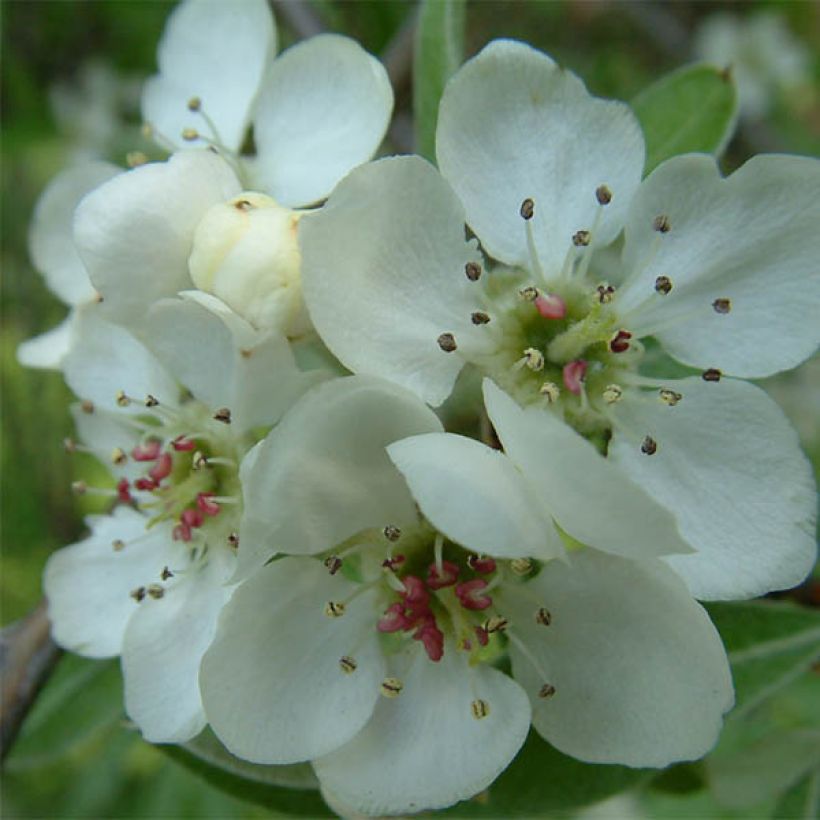

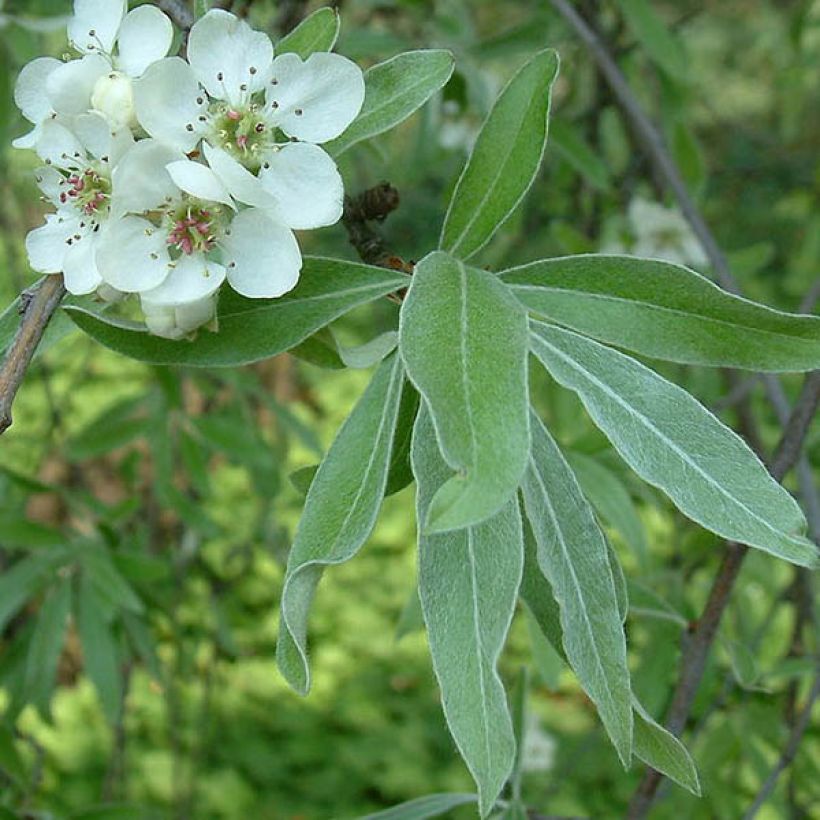

Plant habit
Flowering
Foliage
Botanical data
Pyrus
salicifolia
Pendula
Rosaceae
Pendulous Willow-leaved Pear
Cultivar or hybrid
Other Pyrus - Ornemental Pear tree
Planting and care
Pyrus salicifolia 'Pendula' thrives in sunny locations. Plant it in well-drained soil, even if it is poor and chalky. A little moisture won't harm it as long as the water doesn't stagnate in winter. It is best to plant it in October or November. Dig a large planting hole and fertilise with dehydrated horn or dried blood. Provide good drainage. Use a mixture of garden soil and one-third compost or well-decomposed compost. Leave the neck slightly exposed.
Planting period
Intended location
Care
-
, onOrder confirmed
Reply from on Promesse de fleurs
Striking foliage shrubs
Haven't found what you were looking for?
Hardiness is the lowest winter temperature a plant can endure without suffering serious damage or even dying. However, hardiness is affected by location (a sheltered area, such as a patio), protection (winter cover) and soil type (hardiness is improved by well-drained soil).

Photo Sharing Terms & Conditions
In order to encourage gardeners to interact and share their experiences, Promesse de fleurs offers various media enabling content to be uploaded onto its Site - in particular via the ‘Photo sharing’ module.
The User agrees to refrain from:
- Posting any content that is illegal, prejudicial, insulting, racist, inciteful to hatred, revisionist, contrary to public decency, that infringes on privacy or on the privacy rights of third parties, in particular the publicity rights of persons and goods, intellectual property rights, or the right to privacy.
- Submitting content on behalf of a third party;
- Impersonate the identity of a third party and/or publish any personal information about a third party;
In general, the User undertakes to refrain from any unethical behaviour.
All Content (in particular text, comments, files, images, photos, videos, creative works, etc.), which may be subject to property or intellectual property rights, image or other private rights, shall remain the property of the User, subject to the limited rights granted by the terms of the licence granted by Promesse de fleurs as stated below. Users are at liberty to publish or not to publish such Content on the Site, notably via the ‘Photo Sharing’ facility, and accept that this Content shall be made public and freely accessible, notably on the Internet.
Users further acknowledge, undertake to have ,and guarantee that they hold all necessary rights and permissions to publish such material on the Site, in particular with regard to the legislation in force pertaining to any privacy, property, intellectual property, image, or contractual rights, or rights of any other nature. By publishing such Content on the Site, Users acknowledge accepting full liability as publishers of the Content within the meaning of the law, and grant Promesse de fleurs, free of charge, an inclusive, worldwide licence for the said Content for the entire duration of its publication, including all reproduction, representation, up/downloading, displaying, performing, transmission, and storage rights.
Users also grant permission for their name to be linked to the Content and accept that this link may not always be made available.
By engaging in posting material, Users consent to their Content becoming automatically accessible on the Internet, in particular on other sites and/or blogs and/or web pages of the Promesse de fleurs site, including in particular social pages and the Promesse de fleurs catalogue.
Users may secure the removal of entrusted content free of charge by issuing a simple request via our contact form.
The flowering period indicated on our website applies to countries and regions located in USDA zone 8 (France, the United Kingdom, Ireland, the Netherlands, etc.)
It will vary according to where you live:
- In zones 9 to 10 (Italy, Spain, Greece, etc.), flowering will occur about 2 to 4 weeks earlier.
- In zones 6 to 7 (Germany, Poland, Slovenia, and lower mountainous regions), flowering will be delayed by 2 to 3 weeks.
- In zone 5 (Central Europe, Scandinavia), blooming will be delayed by 3 to 5 weeks.
In temperate climates, pruning of spring-flowering shrubs (forsythia, spireas, etc.) should be done just after flowering.
Pruning of summer-flowering shrubs (Indian Lilac, Perovskia, etc.) can be done in winter or spring.
In cold regions as well as with frost-sensitive plants, avoid pruning too early when severe frosts may still occur.
The planting period indicated on our website applies to countries and regions located in USDA zone 8 (France, United Kingdom, Ireland, Netherlands).
It will vary according to where you live:
- In Mediterranean zones (Marseille, Madrid, Milan, etc.), autumn and winter are the best planting periods.
- In continental zones (Strasbourg, Munich, Vienna, etc.), delay planting by 2 to 3 weeks in spring and bring it forward by 2 to 4 weeks in autumn.
- In mountainous regions (the Alps, Pyrenees, Carpathians, etc.), it is best to plant in late spring (May-June) or late summer (August-September).
The harvesting period indicated on our website applies to countries and regions in USDA zone 8 (France, England, Ireland, the Netherlands).
In colder areas (Scandinavia, Poland, Austria...) fruit and vegetable harvests are likely to be delayed by 3-4 weeks.
In warmer areas (Italy, Spain, Greece, etc.), harvesting will probably take place earlier, depending on weather conditions.
The sowing periods indicated on our website apply to countries and regions within USDA Zone 8 (France, UK, Ireland, Netherlands).
In colder areas (Scandinavia, Poland, Austria...), delay any outdoor sowing by 3-4 weeks, or sow under glass.
In warmer climes (Italy, Spain, Greece, etc.), bring outdoor sowing forward by a few weeks.





































